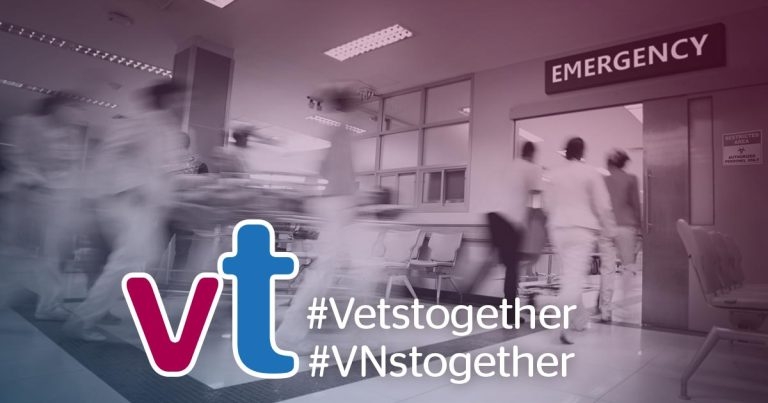8 Jan 2021
“As a respected profession, it is imperative that the veterinary community should be leading by example in doing everything we can to stop the spread of the virus" – BVA president James Russell.

Vets must lead by example to stop the spread of COVID-19 in England and Scotland’s tough new lockdowns.
As both nations issued fresh “stay at home” edicts as part of the fight against spiralling infection rates, increasing deaths and the virulent variant, the BVA and RCVS again declared veterinary work should be limited to supporting the food chain and work essential for animal health and welfare.
That means unlike in March 2020, at the start of the first UK lockdown, small and mixed practices will not have to limit work to emergencies only – but they have been cautioned to “not continue with business as usual”.
The BVA and RCVS have both now updated their guidance following prime minister Boris Johnson and Scottish first minister Nicola Sturgeon’s announcements of new stay at home restrictions – which shut most non-essential businesses and all schools until at least February – on 4 January.
BVA president James Russell told Vet Times the changes were tough, but necessary due to the UK’s worsening health crisis. He said: “We know the news will have caused a lot of stress and worry. Despite the incredible achievements to develop the COVID vaccines, it’s clear the situation is getting worse before it gets better. This is a very serious public health crisis.
“The new variant is reported to be highly transmissible and the UK is at alert level 5, which means there is a material risk of health care services being overwhelmed.”
However, he said he expected the profession to continue to rise to the challenges thrown up by the pandemic.
He said: “As a respected profession, it is imperative that the veterinary community should be leading by example in doing everything we can to stop the spread of the virus. This means only undertaking work that is essential for animal health and welfare or maintaining the food chain.
“On Monday evening [4 January], the BVA and RCVS issued a joint holding statement explaining that we would be developing new guidance on providing care that was essential for animal health and welfare in the context of the very strong ‘stay at home’ message.”
Mr Russell added: “We also explained that the new lockdowns in England and Scotland did not necessitate a return to emergency-only work.
“This does not mean business as usual. It does mean re-evaluating your safety measures in light of the new variant and reassessing your caseload, so you are only seeing patients for cases that need to be seen now for essential animal health and welfare reasons.”
The updated BVA guidance, urges the profession to:
It also features guidance on well-being and colleague support.
Referring specifically to the decision to not reimpose emergency-only advice, the BVA guidelines issued on 6 January state: “Both the BVA and RCVS agreed it was not necessary to return to emergency-only (as we saw in the initial three weeks of first UK lockdown in March 2020) because we are in a very different place to where we were last March, when we didn’t know if practices could stay open and we didn’t have safe working protocols in place.
“We’re also mindful that many practices are under enormous pressure because they haven’t been able to catch up on the work from earlier lockdowns and this has put huge strain on to exhausted teams.
“Restricting to emergency-only for the expected timeframe of these new national lockdowns (at least several weeks) could exacerbate this pressure further. However, we also know that some practices will need to make those restrictions due to staff shortages.”
In addition to the BVA guidance, veterinary professionals can check updated FAQs and revised flow charts on the RCVS website, where links to administration-specific guidance is also available.